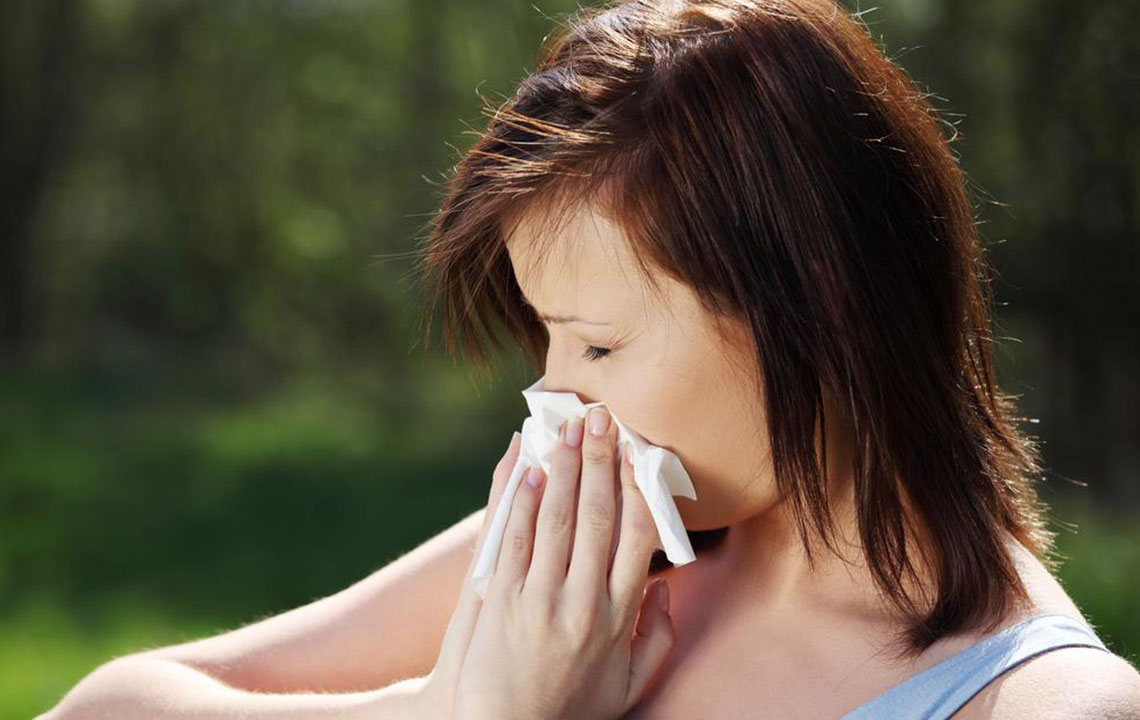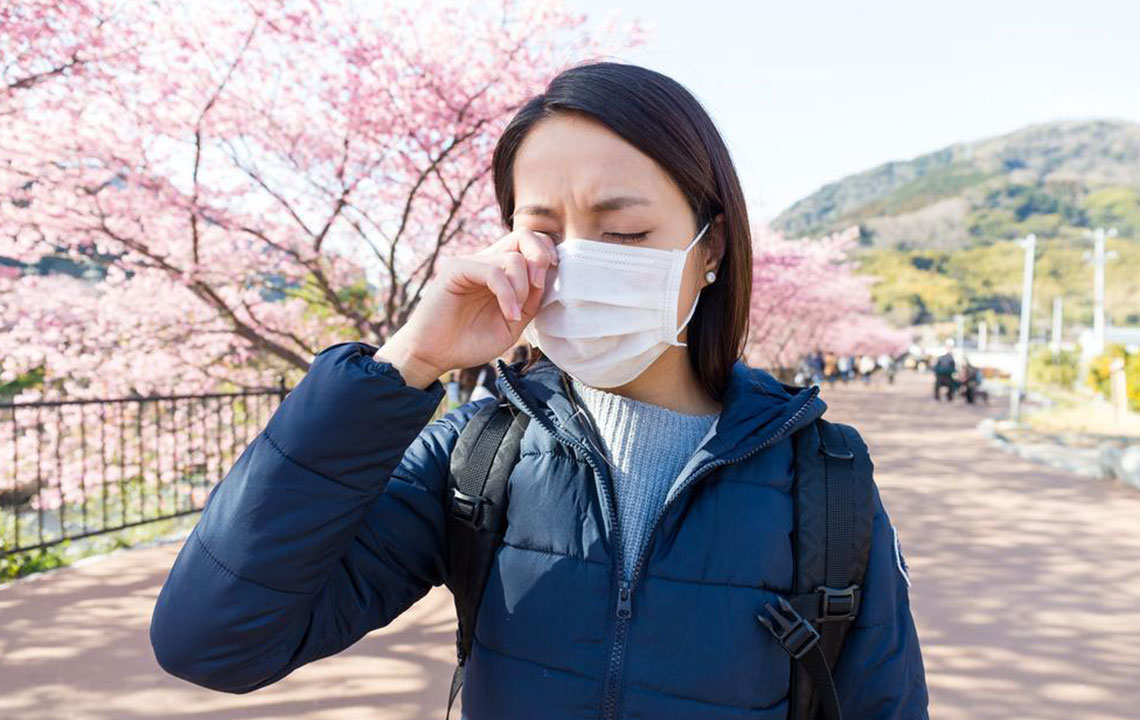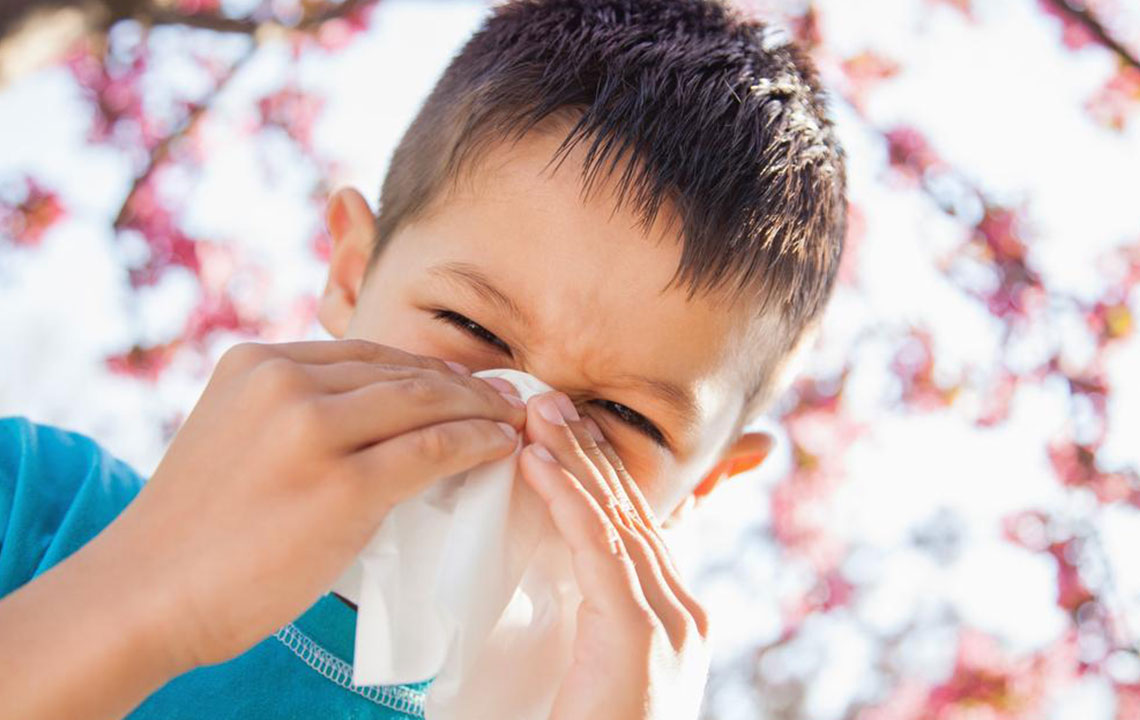Comprehensive Guide to Allergy-Induced Cough: Symptoms and Remedies
This comprehensive guide explains allergy-related cough symptoms and effective treatment options. It highlights environmental triggers, symptom differences from other illnesses, and remedies like antihistamines, decongestants, and steam inhalation. Proper consultation with a healthcare provider is recommended for persistent symptoms to ensure accurate diagnosis and management.
Sponsored

Understanding Allergy-Related Coughs: Symptoms and Treatment Options
A cough is a reflex triggered when the respiratory lining tissues are irritated by allergens or other stimuli, serving as a defense mechanism to clear irritants. While coughing can be caused by illnesses like colds or flus, persistent coughs lasting over a week may indicate allergies. Chronic coughing warrants medical consultation to identify the root cause. Allergy coughs share similar symptoms with infectious coughs but tend to persist longer and vary with environmental triggers.
When allergic reactions stimulate coughs, nerve signals in the airways alert the brain, which then triggers a cough reflex to expel irritants. Key symptoms include variations in timing and intensity, often worsened at night or with environmental changes. Common triggers include seasonal pollen, dust mites, pet dander, and mold spores.
Unlike colds, allergy coughs may last weeks or even months, often fluctuating based on environmental conditions.
Symptoms such as itchy eyes, sore throat, and dark circles under the eyes are indicative of allergies.
Postnasal drip caused by allergens leads to persistent coughing and mucus buildup, which is typically watery and clear.
Nighttime coughing is common due to mucus settling in the throat owing to gravity.
Individuals with asthma may experience wheezing and increased airway constriction when exposed to allergens, aggravating asthma symptoms.
Treating allergy-related coughs
Over-the-counter decongestants can reduce postnasal drip, alleviating cough symptoms.
Antihistamines are effective in blocking histamine release, reducing allergy symptoms like itchy eyes and nasal congestion.
Steam inhalation, such as from hot showers, helps soothe nasal passages and reduce mucus buildup.
Saline nasal sprays can flush out mucus; a simple home remedy involves mixing water with a small amount of salt and inhaling the vapor to ease congestion.
Consult an allergy specialist for targeted treatments to effectively manage allergy cough symptoms and find relief.






